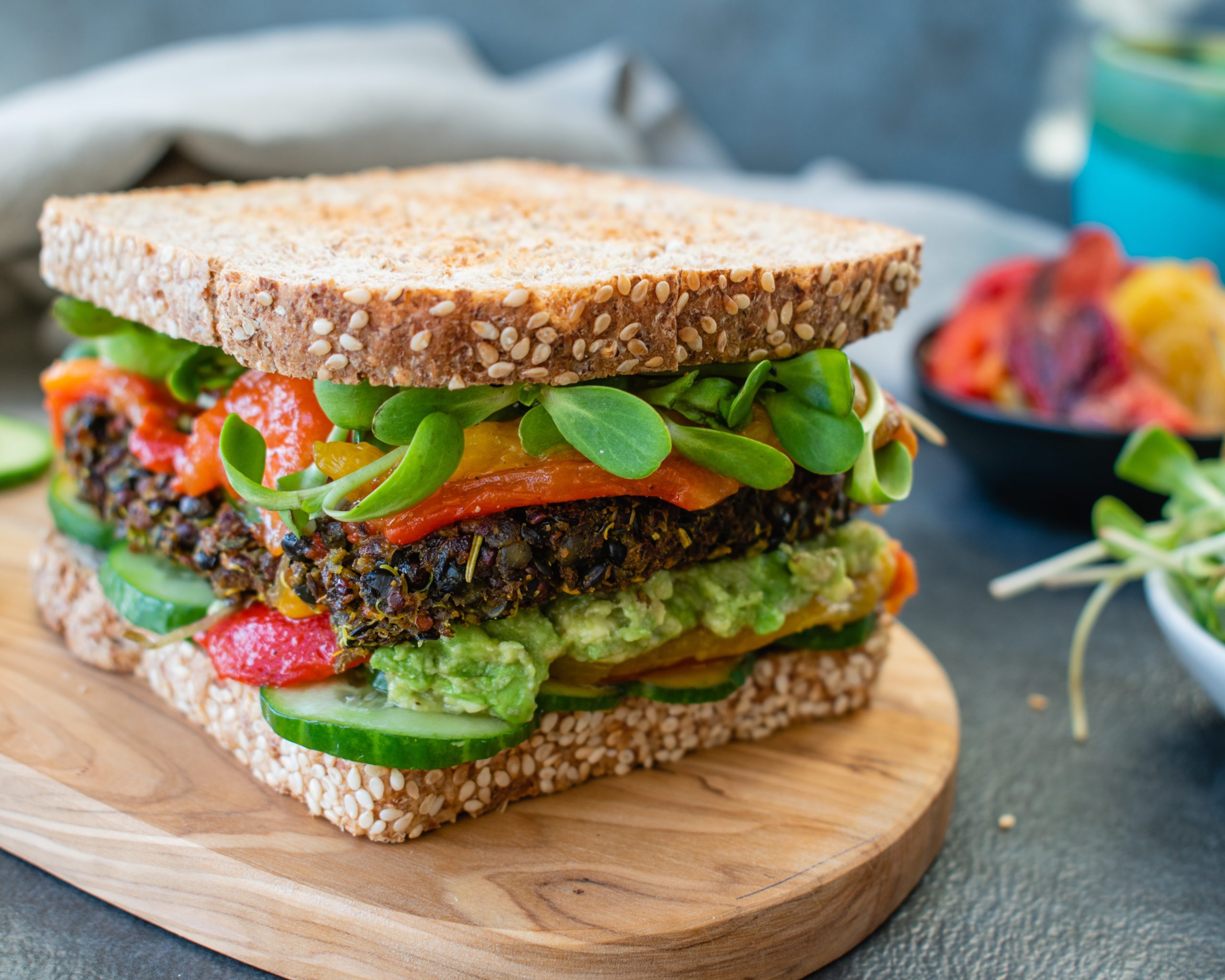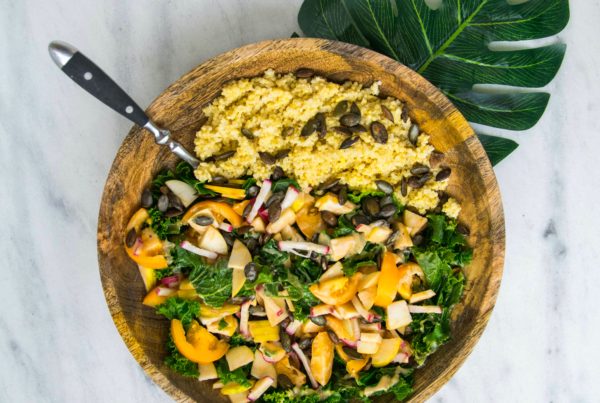“Vegetarian” is considered as one of the most common dietary restrictions and is defined as limiting or excluding the consumption of meat, fish, seafood, and possibly excluding most or all animal products high in protein level in their diet.
“Vegetarian” is considered as one of the most common dietary restrictions and is defined as limiting or excluding the consumption of meat, fish, seafood, and possibly excluding most or all animal products high in protein level in their diet.
Two common plant-based diets are:
- Lacto-ovo-vegetarian (non-vegan vegetarian): this type of vegetarian excludes consumption of meats and fish, but still consumes animal products such as dairy and eggs.
-
Vegans: this is the type of vegetarian where meat, fish, and animal products are all excluded.
People following vegetarian diets may lower their risk of getting chronic disease compared to non-vegetarian people. Moreover, studies show that those following vegetarian diets still get enough supply of protein and amino acids as long as they still consume protein-rich food such as legumes and grains on a regular basis. Failure to do so will result in insufficient protein intake for the body.
However, there are some nutrients that a vegetarian diet should be aware of, such as iron and zinc. Phytic acid is a substance commonly found in plant-based food such as legumes, seeds, and nuts. It is known as one of the inhibitors of iron and zinc absorption in the body by forming an insoluble complex from phytate which acts to block absorption. This inhibition can be
overcome by consuming more whole grain food, heat in baking, using modern processing methods such as fermentation, or soaking the beans and seeds first to reduce the presence of phytate in the food.
Reviewed by Annie Tsang, RD
References:
Hunt, J. R. (2003). Bioavailability of iron, zinc, and other trace minerals from vegetarian diets. The American Journal of Clinical Nutrition, 78(3), 633S-639S. https://doi.org/10.1093/ajcn/78.3.633S
Mariotti, F., & Gardner, C. D. (2019). Dietary protein and amino acids in vegetarian diets-A review. Nutrients, 11(11), 2661. https://doi.org/10.3390/nu11112661
Saunders, A. V., Craig, W. J., & Baines, S. K. (2012). Zinc and vegetarian diets. Medical Journal of Australia, 1(2), 17-21. https://doi.org/10.5694/mjao11.11493



